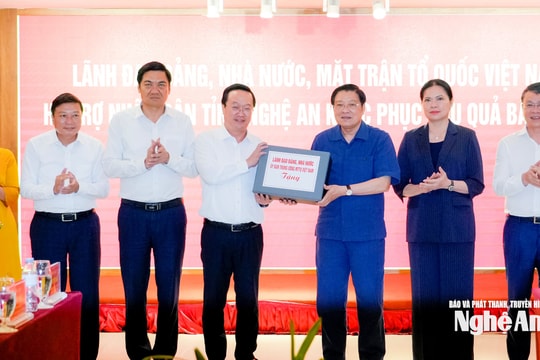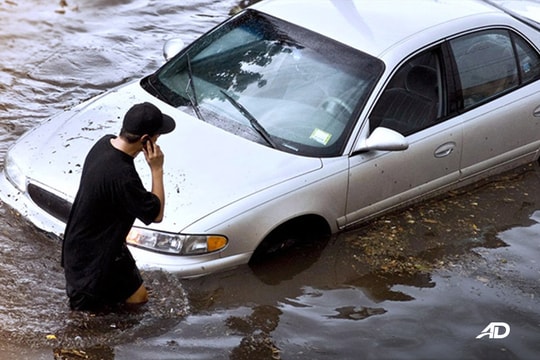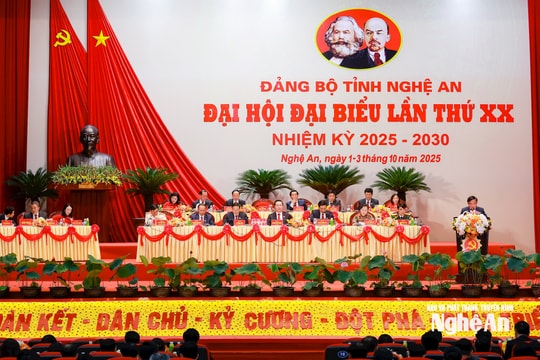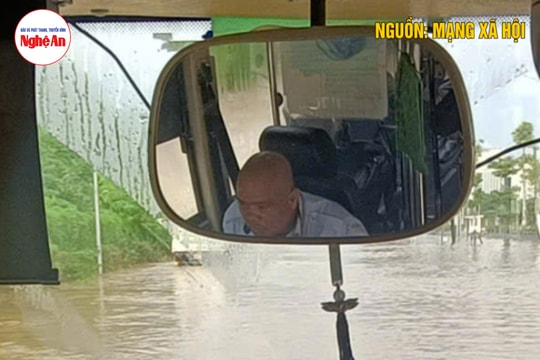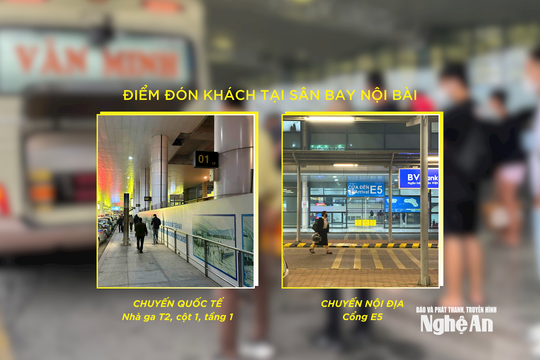Water is a strategic resource, it is necessary to ensure fairness and justice in resolving related issues.
At the 4th Asia-Pacific Water Summit, Prime Minister Pham Minh Chinh proposed three groups of solutions to promote and improve water quality, ensure water security, exploit sustainably and effectively, and use international water resources in a fair, harmonious, reasonable, cohesive, and mutually beneficial manner, on the basis of further strengthening international solidarity and cooperation and promoting multilateralism, ensuring fairness and justice in resolving water-related issues.
At the invitation of Japanese Prime Minister Kishida Fumio, on April 23, Prime Minister Pham Minh Chinh attended and delivered an online speech at the 4th Asia-Pacific Water Summit.
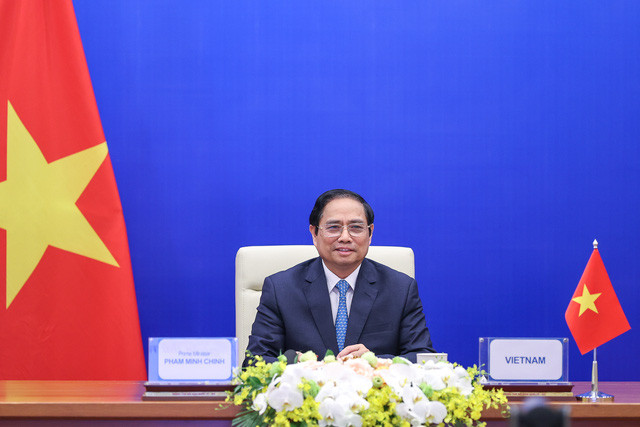 |
| The head of the Government also affirmed that over the past time, Vietnam has always actively participated in and contributed to common efforts at all levels of international cooperation. Photo: VGP/Nhat Bac |
The conference was hosted by the Japanese Government in Kumamoto city from April 23-24 with the participation of the Japanese King and Prime Minister, many Heads of State and Prime Ministers of countries in the Asia-Pacific region, including 6 other ASEAN countries: Brunei, Cambodia, Indonesia, Laos, Philippines and Thailand.
Speaking at the Conference, Prime Minister Pham Minh Chinh, on behalf of General Secretary Nguyen Phu Trong and President Nguyen Xuan Phuc, personally sent best wishes and congratulations to the Japanese Emperor, leaders and delegates attending the Conference.
The Head of Government emphasized the unprecedented combined impacts of global challenges such as the COVID-19 pandemic, natural disasters, climate change, and over-exploitation of natural resources, including water resources, which have left enormous and multifaceted consequences for present and future generations.
The Prime Minister affirmed that in order to proactively respond to and minimize the negative impacts of these challenges, while promoting green, sustainable, inclusive and transnational economic growth, especially in the post-pandemic recovery process, the efforts of each country are key and decisive factors, but international cooperation is important and groundbreaking. These are global issues that require global approaches and solutions, and further strengthening international solidarity and cooperation and upholding multilateralism.
In that context, Prime Minister Pham Minh Chinh proposed three groups of measures to be implemented in the region.
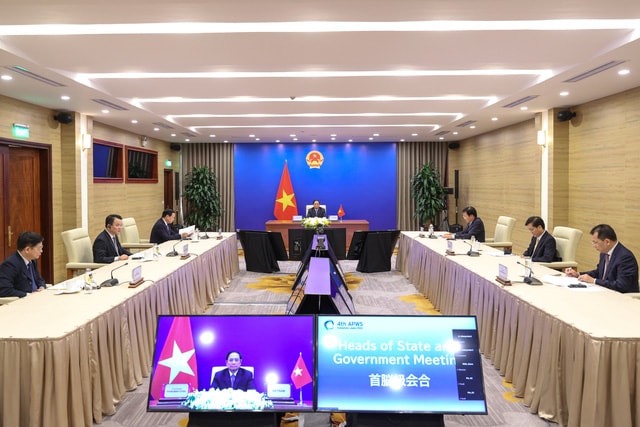 |
| The Prime Minister also affirmed his support for the Kumamoto Declaration issued by the Japanese Government at the Conference. Photo: VGP/Nhat Bac |
Firstly, strengthen open, transparent, substantive and mutually beneficial regional and international cooperation; the international community together seriously and effectively implements international commitments on water resources, especially the United Nations Sustainable Development Goals by 2030, the Paris Agreement and commitments at COP26 on climate change, and the Sendai Framework for Action on Disaster Risk Reduction.
Second, Japan and developed countries are requested to pay attention to, share and support developing countries in terms of experience, finance, technology, governance, human resource training, basic surveys and water use planning to effectively manage, sustainably exploit and fairly allocate water resources; prioritize sustainable management and protection of ecosystems with solutions that are in harmony with nature and conserve biodiversity; ensure fairness and justice in resolving water-related issues.
Third, strengthen cooperation and support the activities of organizations and cooperation mechanisms on transboundary river basin management such as the Mekong River Commission and other river basin cooperation mechanisms; focus on promoting comprehensive solutions including digital transformation, encouraging the participation of businesses and people, promoting public-private cooperation, and enhancing smart water governance, etc.
For Vietnam, water resources are at risk of decline due to over-exploitation, overloaded hydropower development in many places, along with the impacts of climate change and rising sea levels. Therefore, the Prime Minister emphasized that Vietnam always identifies water as a strategic resource that needs to be managed, exploited, and used appropriately, safely, hygienically, and effectively to promote green, circular, and sustainable development; ensure harmony and rationality between economic growth and environmental protection and climate change adaptation; and not trade off social security, living environment, and water security to pursue economic growth alone.
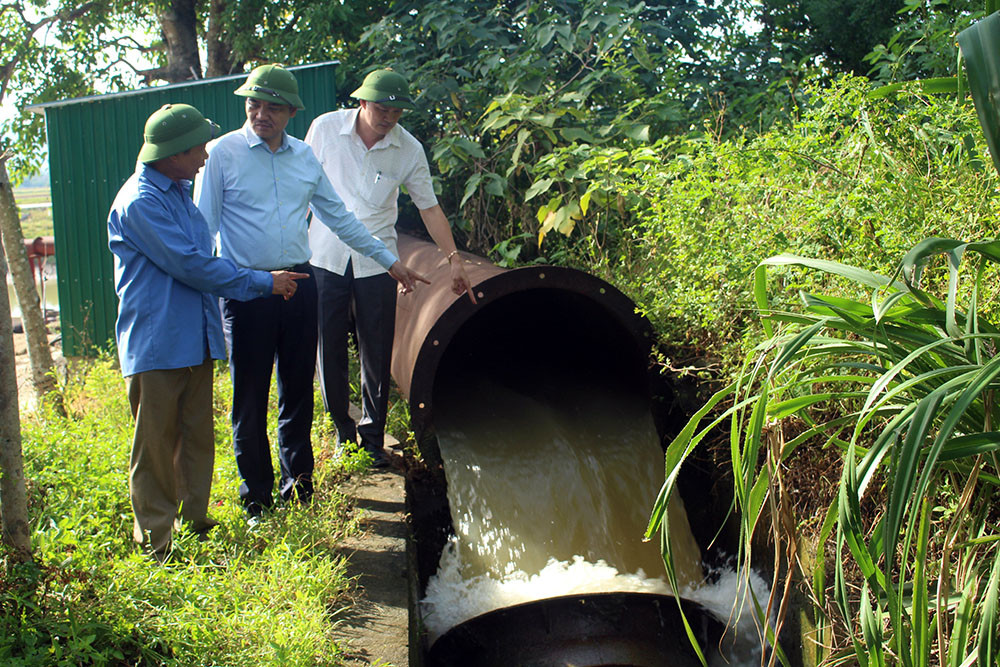 |
| Hung Chau pumping station (Hung Nguyen) pumps water to irrigate rice fields and fight drought. Photo: Phu Huong |
The Head of Government also affirmed that over the past time, Vietnam has always actively participated in and contributed to common efforts at all levels of international cooperation, especially with countries sharing water resources with Vietnam such as Laos, Cambodia, China and other international partners to manage, develop, protect and use sustainably, effectively and mutually beneficially water resources from rivers.
On this occasion, the Prime Minister thanked the valuable support of international partners, including Japan, and wished to continue to receive more effective support and cooperation from countries, international organizations, and the business community, especially in cooperation projects to develop water resources infrastructure and not to make too big changes to the natural flow of rivers, especially the Mekong River. The Prime Minister also affirmed his support for the Kumamoto Declaration issued by the Japanese Government at the Conference.
The Asia-Pacific Water Summit is an initiative of former Japanese Prime Minister Ryutaro Hashimoto at the 4th Global Water Forum in 2006, held every 2-3 years and focusing on different aspects of water issues, with the aim of creating a forum for heads of state and senior leaders of countries and organizations in the region to exchange experiences and strengthen cooperation in solving issues related to water resources.

